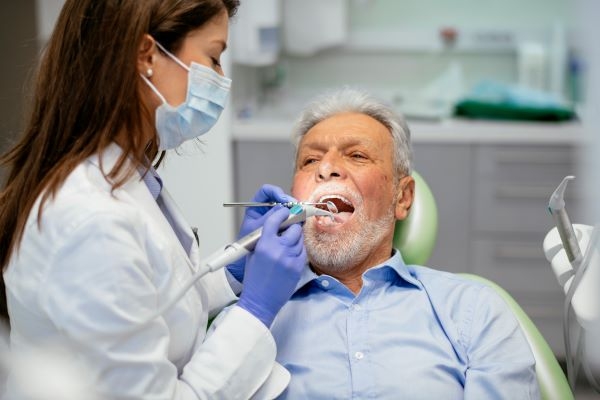-
Globally, Australia is one of the biggest consumers of red meat per capita. And while throwing a snag on the barbie is firmly ingrained in our culture, it is worth considering exactly how much red meat is good for you. Nutrition expert Dr Tim Crowe gets his teeth into the topic.
How often should you eat red meat?

-
The verdict
There’s no question that red meat is a fantastic source of essential nutrients like iron and vitamin B12, but you can have too much of a good thing, with research linking red meat to a higher risk of colorectal cancer, and heart disease.
You don’t need to consume much red meat to get its nutritional benefits, and according to Dr Crowe, you should aim to eat no more than 500g per week.
Tips to keep in mind
Follow these tips to ensure you’re getting all the right nutrients while avoiding any risks associated with consuming too much red meat:
- Cut back on processed meats: Some red meats are worse for you than others, with meats such as sausages and bacon being classified as carcinogenic to humans by the World Health Organisation. This puts them in the same category as tobacco smoking and asbestos.
- Consider other sources for iron and vitamin B12: If you do choose to eliminate red meat from your diet, it’s important to ensure you’re still getting essential vitamins and minerals with other foods. Vitamin B12 can be found in pink fish such as salmon, dairy products and eggs, while beans, legumes and spinach are great sources of iron.
- Consider going ‘meat free’ one day a week: If cutting back your daily meat intake sounds daunting, why not aim to just go one day a week meat free? Following Meat Free Mondays is a great place to start.
As with all things diet related, red meat consumption is all about balance and moderation. By monitoring intake, reducing portion size and avoiding processed meats, red meat can be a delicious part of a healthy, balanced diet.
Keep reading all about nutrition.
-
Do you need an electric toothbrush?
Which toothbrush scrubs up best?
-
Dietitian, nutritionist or naturopath: What’s the difference?
Who should you see for professional dietary advice?
-
5 ways to eat healthy while travelling
Come home feeling refreshed, fit and energised.
-
How often should you get your teeth cleaned?
We spoke to Medibank Members’ Choice Advantage dentist Dr Jonathan Cichero to find out.
-
Daily habits for good oral health
Do you really need to floss? Is an electric toothbrush better than a manual one? Find out which habits to make (and which ones to break) for better oral health.
-
How to conquer your fear of the dentist
Dr Merrilyn Hooley's tips for a less stressful dental appointment.
Subscribe to receive the best from Live Better every week. Healthy recipes, exercise tips and activities, offers and promotions – everything to help you eat, move and feel better.
By clicking sign up I understand and agree to Medibank's privacy policy





